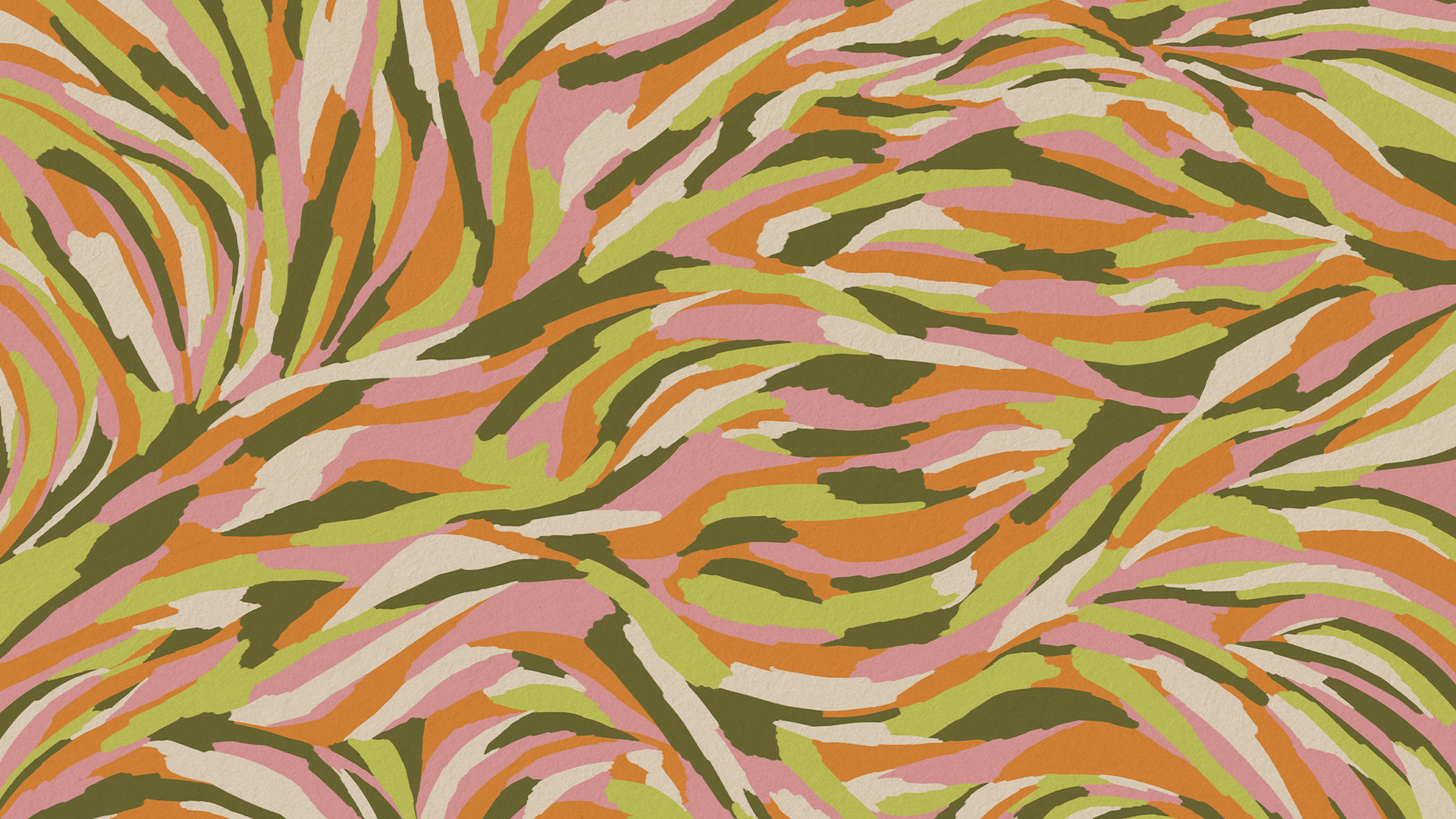Breadcrumb
I’m a First Nations creative. How do I protect my cultural rights when collaborating?
As a First Nations creative, you have rights to your work and your Culture.
Understanding those rights can help you ensure your work is respected throughout any collaboration.
Saying yes, no, or ‘yes, but…’
You have the right to give or withhold your consent when others seek to use your cultural knowledge, stories, or Country at any stage of the project.
Ask for time to consider any proposal properly, ask questions, seek advice or chat with your family or community, and make decisions that feel right for you and your community.
Negotiating to own or co-own IP
Check your contracts, particularly in relation to intellectual property (IP), Indigenous Cultural and Intellectual Property (ICIP) and Indigenous Data rights.
ICIP is always owned by Traditional Owners and can’t be transferred away, but IP can be owned by anyone. Consider whether you want to keep, jointly own or transfer away the IP rights in the work that you make. If there is ICIP also in your work, this might affect your decision.
Also review the project purposes and objectives. Make sure you understand how any partners or collaborators want to use, share or adapt your work, and any permissions or licences you are granting.
Learn more about:
Making your expectations clear
Review and final approval
As a First Nations creative, you should have the final say on any expressions of your Culture or knowledge. Make it clear that you expect to review and approve the final drafts of any project that involves your cultural knowledge, stories, ICIP, or creative contributions. This right exists because your cultural expressions, knowledge and ICIP belong to you and your community, not to your partners, whether they are other artists, organisations, governments, project organisers or funders.
Being consulted on the final product before it is made public is a way of exercising self-determination. It ensures you maintain control over how your Culture is shared, represented and respected.
You can request a copy of the completed work, provide feedback, and ensure that your input is properly considered to uphold the cultural integrity of your work and protect the ongoing rights of your community.
Attribution
You have the right to be credited for your work. Under the copyright law, all creators and performers have the rights of attribution and integrity and the right against false attribution (known as moral rights).
As a First Nations creator, you may also wish to attribute your family or community for any shared stories, symbols or Indigenous Cultural and Intellectual Property (ICIP) that is in your work. You may want to attribute the Country you come from. There may be a story you want to tell in relation to the ICIP you’ve contributed, that explains its meaning and significance. Think about how you would like to be credited and communicate that with your partner.
Learn more about:
Negotiating fees
You should be fairly paid for your contributions, whether that is for being involved in consultations, creating an artwork under commission, or sharing cultural knowledge, stories, Indigenous Cultural and Intellectual Property (ICIP) and/or Indigenous Data (ID) to creative projects.
Payments may be monetary or non-monetary.
Learn more about benefit sharing and fair value for ICIP.
What to do if things go wrong
Even with the best intentions, collaborations don’t always go as planned. If mistakes are made, or if you feel that your cultural rights, contributions, or trust have been disrespected, you can raise these issues with your partner or collaborator.
Start by raising your concerns directly and respectfully with the person or organisation involved. Be clear about what has gone wrong, what cultural or personal impact it has had, and what changes you would like to see.
You can seek support from your community, a trusted First Nations organisation or a cultural advisor. Depending on the situation, you may also ask for the project to pause until the issue is addressed properly.
Feeling culturally safe and protecting your rights is more important than continuing a collaboration that is no longer respectful.
Learn more about culturally informed dispute resolution.

The content in the body of this page including text and graphics, excluding artwork, is owned and licensed by Terri Janke and Company. Learn more about copyright for materials owned by Terri Janke and Company.
More in this section:
Collaborating respectfully with First Nations creatives and communities
Projects involving First Nations Culture and ICIP should be First Nations-led or, at very least, codesigned.
Tips for great collaborations with First Nations creatives and communities
This page provides tips on how to collaborate respectfully with First Nations peoples and communities and on Country.




